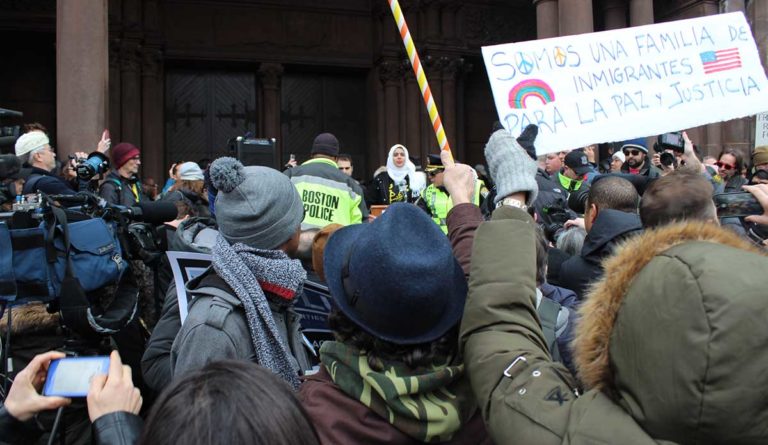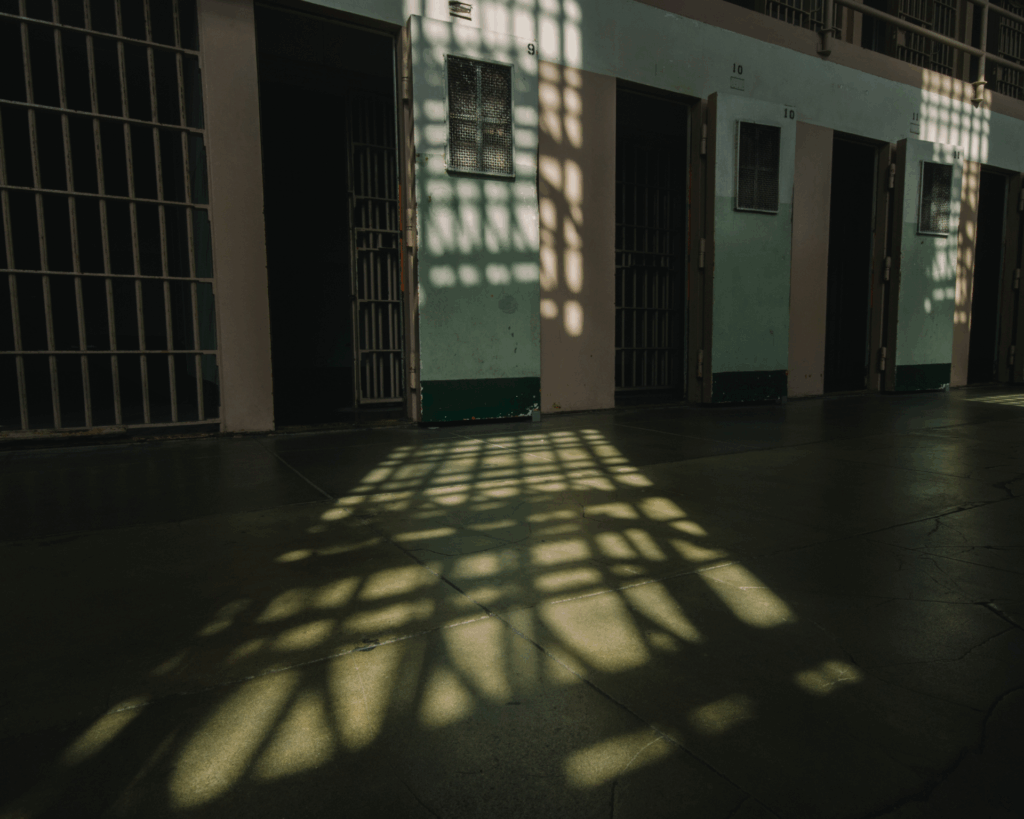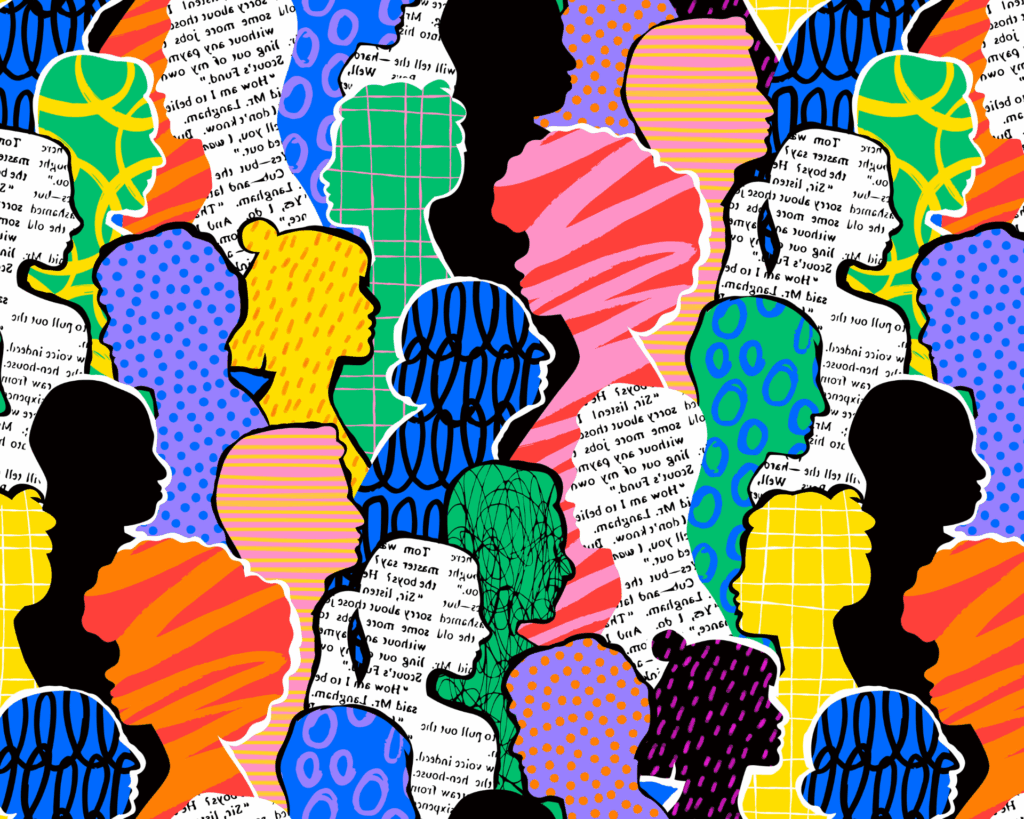Will and Representation
The ability to vote is a political determinant of health. However, voter suppression and disenfranchisement have long been utilized to consolidate power, discourage grassroots movements, maintain the class structure, and as a tool of oppression.

Read Time: 3 minutes
Published:
The current political climate is marred with disarray. Millions of Americans feel a sharp divide between their own worldview and the view of their representatives. Only 20% of Americans trust their government ‘always or most of the time.’ In theory, unhappy Americans should respond by voting for new leaders who will bring about change.
However, voter turnout is terribly low in U.S. elections and some people have a vested interest in keeping it that way. Voter suppression and disenfranchisement have long been utilized to consolidate power, discourage grassroots movements, maintain the class structure, and as a tool of oppression. This has a damaging effect on the health, morale, and rights of the groups of people the suppression is aimed at. Ability to vote is a political determinant of health.
Suppression
Voter ID laws, under the guise of discouraging voter fraud, are a particularly effective strategy currently employed to discourage voting by poor people and minorities. A Civis Analytics study showed that “voter-ID laws decreased [nationwide] turnout among African-American and Democratic voters” in the 2016 election. The study notes that before 2006 no state required ID on Election Day, but in 2017 ten states now do. In states that transitioned to strict voter ID laws, African-American turnout between 2012 and 2016 was down 5% while overall turnout was about 1.7% less.

Wisconsin is a compelling example of the impact of voter ID laws. More than 200,000 people in Wisconsin were unable to vote because of a strict voter ID law that was originally signed in 2011 by Gov. Walker. The law did not go into effect until 2015 after the Supreme Court declined to hear a challenge. Evidence suggests that a large portion of these people were poor minorities. Civis Analytics compared Wisconsin, a strict ID state, to Minnesota and found that the African-American vote dropped off significantly more in Wisconsin.

Retaining Rights
Trump won Wisconsin be a very thin margin, and one could posit that a different outcome could have occurred with better voting protections in place. Trump’s election has important consequences for minorities and people living in poverty – populations that in many cases faced barriers to voting. Voting is a cornerstone of democracy and access to it should be a non-partisan issue, as many people across the political spectrum have fought for their vote and against disenfranchisement.
Feature image: Women holds sign at Boston rally against Trump Muslim Ban 1.0. Photo © Gilbert Benavidez.
Graphs from Civis Analytics Priorities USA Voter Suppression Memo



